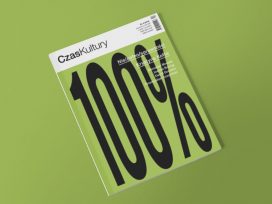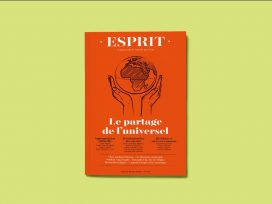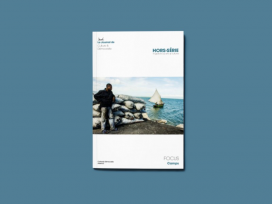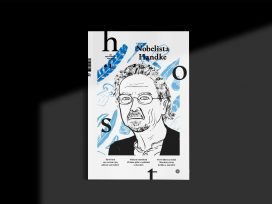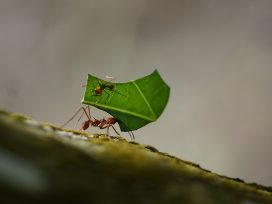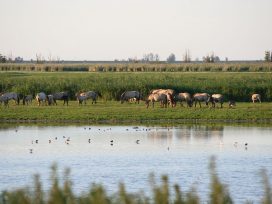Esprit asks how the idea of universalism fares in a globalized society attuned to difference, diversity and inequality.
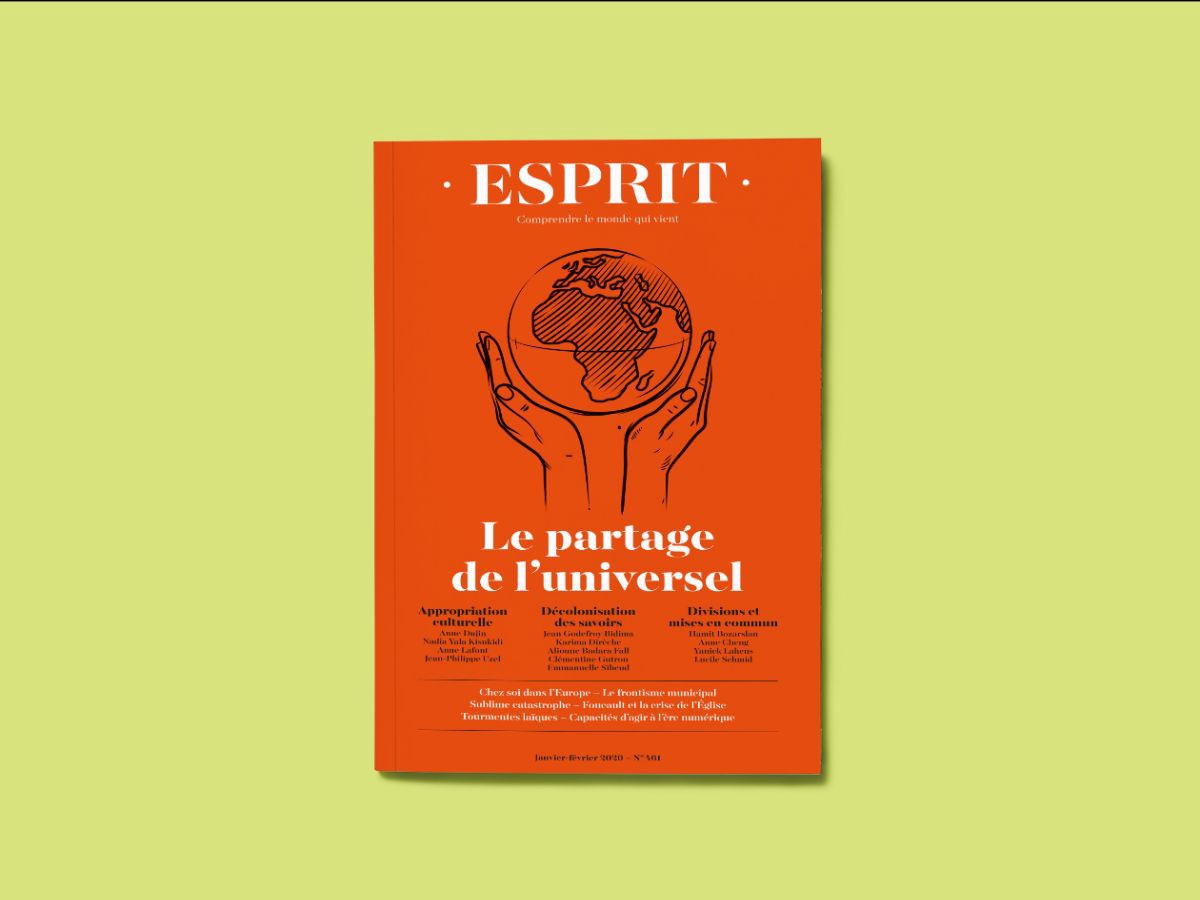
Even in a postcolonial age, writes Nadia Yala Kisukidi, the universal remains the preserve of particular agents, and ‘contemporary usages of the term “universalism” are sometimes twisted and distorted’. Returning to key moments in the contestation of the universal reminds us that ‘beneath the question of the universal there always lurks that of identity — of the identification of the subject who is speaking’.
Archaeology
Interviewed about joint research projects between universities in the global North and in former colonies, archaeologists Karima Dirèche, Clémentine Gutron and Emmanuelle Sibeud discuss whether, even today, ‘equal collaboration’ is possible. The postcolonial era saw a delicate balance struck between loosening control over local universities and sustaining international cooperation. Today, uneven access to international networks, and disparities in funding and education, are compounded by governments’ use of archaeological work as political capital.
To really understand how the independence of former colonies has and has not impacted on collaborative research, Sibeud suggests that we must ‘trace the complex transformation of the frameworks of the production and hierarchization of knowledge over the long and often contradictory process of epistemological decolonization’.
Ecology
Lucile Schmid takes a critical look at the moral and political universality of ecology as extolled in Pope Francis’s 2015 encyclical Laudato si’. A platitude echoed by governments around the world, the ambition tends to falter when it comes to implementing concrete measures against climate change. According to Schmid, the challenges of the Anthropocene call for a rethinking of the guiding principles of modern globalized societies, including the attitude of industrialized countries towards developing nations. The pursuit of ‘an ecology for all’ requires confronting difference: ‘in order for the universality of ecology to be implemented, it is crucial to recognize the diversity of actors, approaches, and ways of getting things done.’
Also: An interview with philosopher of technology Andrew Feenberg; and articles on European citizenship, the Hong Kong protests and the situation of social workers.
More articles from Esprit in Eurozine; Esprit’s website
This article is part of the 2/2020 Eurozine review. Click here to subscribe to our reviews, and you also can subscribe to our newsletter and get the bi-weekly updates about the latest publications and news on partner journals.

This article was published in cooperation with CAIRN International Edition, translated and edited by Cadenza Academic Translations.
Published 13 February 2020
Original in English
First published by Eurozine
© Eurozine
PDF/PRINTPublished in
In collaboration with
Newsletter
Subscribe to know what’s worth thinking about.
Related Articles

A patch of moonlight
Darwin's warning
Wildlife conservationists often have to risk their own safety to protect endangered species from armed gangs. The market value of Asian elephant tusks, for example, entices certain impoverished locals into poaching. And at the crux of this perilous and twisted Anthropocene reality lies an increasingly aggressive animal’s fight for survival.
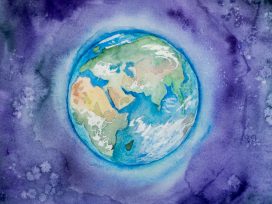
Virtue and willingness
Topical: Earth Day reads
The urgency of the climate crisis demands individual ethics as much as a willingness to cooperate with power. But reconnecting humans with the natural world also forces us to revisit the promises of ever-growing efficiency and a culture of exploitation.
